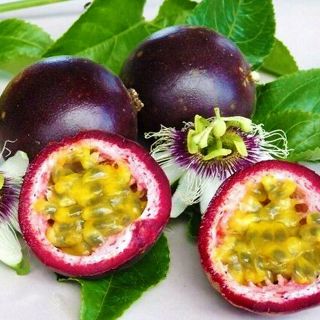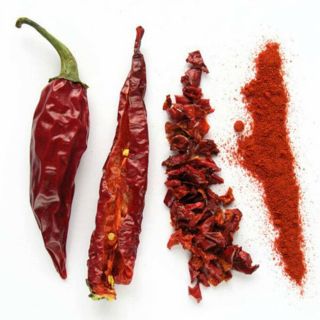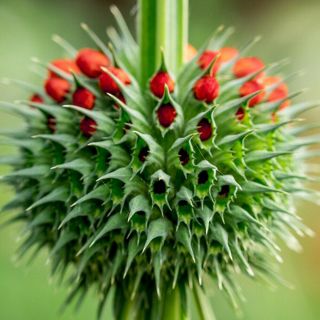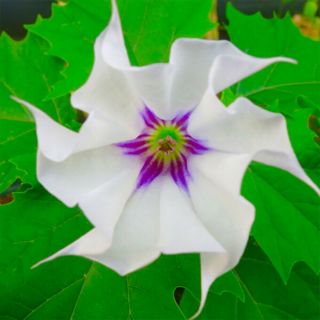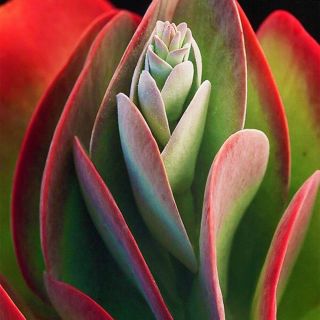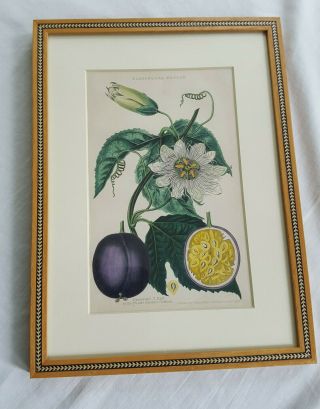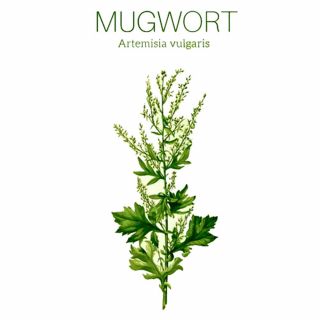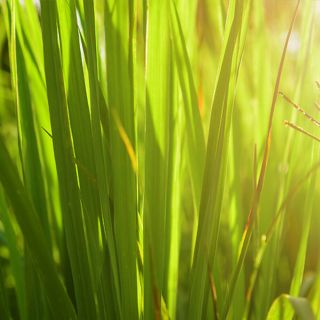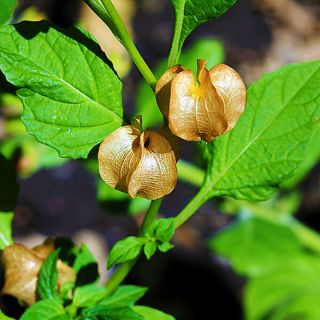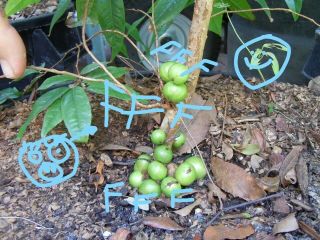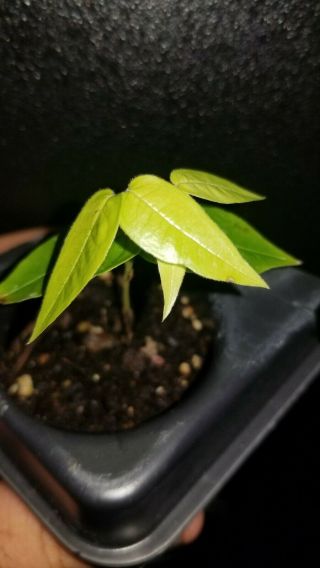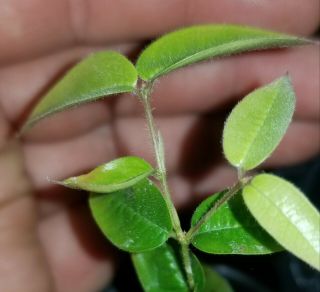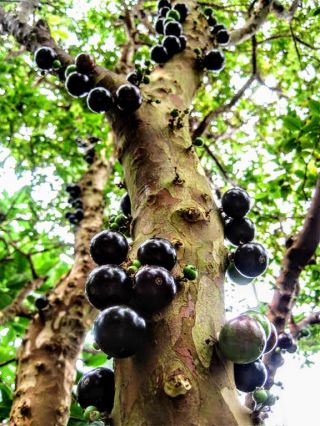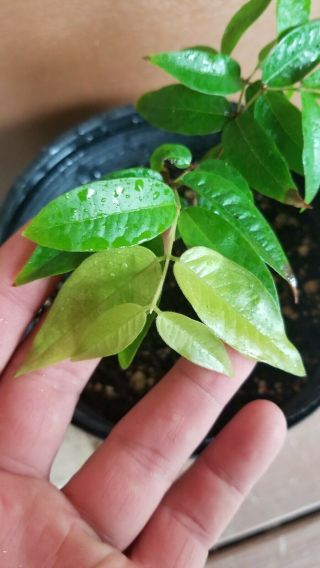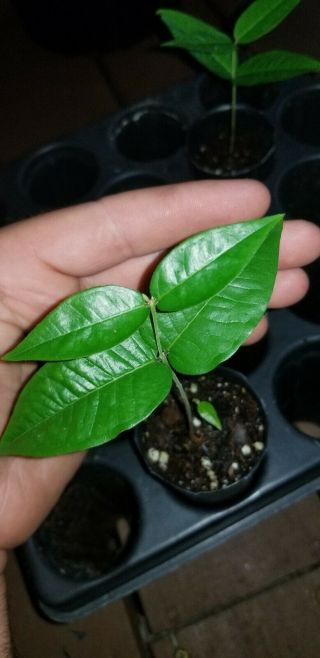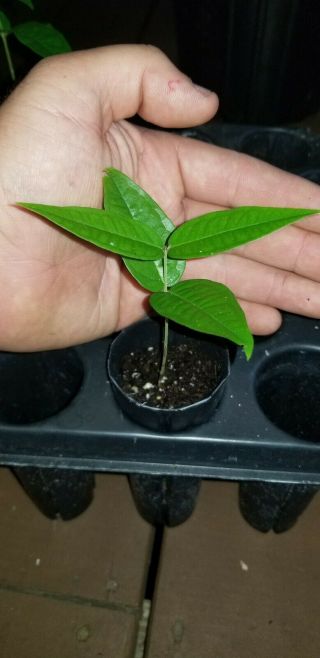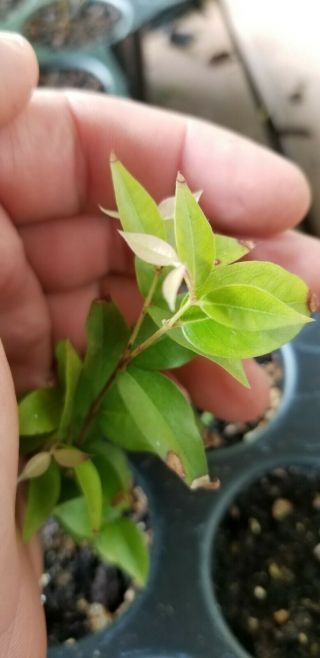PASSIONFRUIT Seeds 10x | Passiflora Edulis | Sacred Medicinal Shaman Rare Ethno
Item History & Price
Welcome!
We greet you in the Love & Light.
We currently have available:
PASSIONFRUIT - Passiflora Edulis - 10x Fresh Seeds
These medicinal grade seeds are hand picked from our own garden the same day you order and are 100% organic.
The seeds will be harvested from the fruit when you order and sent to you in a zip lock bag with a small amount of the flesh and ...acid so the seeds don’t dry out. Before planting remove as much pulp and acid as possible by soaking for 2 hours in warm water.
For research purposes only.
Combined Postage
Yes! We combine postage. Please check out our other great items available for sale.
Special Note
We do not advocate the use of any plant in any particular way. All information herein is provided for historical, educational and research purposes only.
GENERAL INFORMATION
Botanical Name: Passiflora edulis
Common Name: Passionfruit
Origin: Brazil
Passiflora as a genus covers over four hundred species. All Passiflora species (widely known as Passionflowers and Passion Fruits), are evergreen climbing vines or bushes with many-lobed leaves and unmistakable other-worldly flowers that come in several variations of colors and types of leaves, filaments, and anthers. The fruits of Passiflora are oval and edible.
Almost all species of Passiflora are indigenous to the tropical rain forests of the Americas, most to Central and South America. Some species may be found in the Caribbean and southeastern North America. There are only a few Passiflora species that can survive in more temperate climates, with several species now known to grow wild in Italy, Greece, Portugal, and Spain, as well as Southeast Asia. During the eighteenth and nineteenth centuries, botanists helped to spread various passionflower species across much of the globe.
TRADITIONAL USES
In Pre-Columbian times, South American peoples used many of the up-to-sixty edible Passiflora species as food, as well as to prepare medicines and sedatives. When Spanish missionaries invaded the New World, they took Passiflora as a sign from God, seeing the unusual flowers as a symbol of the mystery and the passion of Jesus Christ. It was the Spanish Friars who first called the plant “Flos Passionis, ” or Passion Flower in English, because of their conception that Passiflora was the living epitome of the passion story of their Lord Savior.
The Spaniards of the West Indies named the plant “Granadilla” due to the similarities of passion flower fruits to pomegranate fruits. The passion fruit species that thrives in the West Indies is large and red and bears a striking resemblance to the pomegranate, only the passion fruit husk is thinner, the fruit is mostly tasteless, and the juice is sour. This fruit has mild laxative effects.
In the region of Iquitos, the roots of the Amazonian species Passiflora involucrata are used as an additive to Ayahuasca to intensify the visions experienced during ceremonial rituals. Maracuja (Passiflora edulis) juice plays a significant role in Brazilian Jurema rituals, which are similar to Ayahuasca rituals.
TRADITIONAL PREPARATION
To make a calming tea, dried Passiflora edulis herbage may be combined with valerian root (Valeriana officinalis), hop cones (Humulus lupulus), and St. John’s Wort (Hypericum perforatum). Another variation includes the dried herbage of Passiflora edulis blended with valerian root, lemon balm (Melissa officinalis), anise (Pimpinella anisum), and mint (menthe). The recommended daily dosage of dried herbage of Passiflora edulis is 4-8 grams; as a tea the suggested dosage is two and one half grams per cup, taken three to four times daily. Tea may also be made by combining fifteen grams of passionflower herbage and one hundred and fifty grams of boiling water.
In Mexico, the flowers of Passiflora foetida are known as amapola, or “opium, ” and are brewed into a tea that is used as an opium substitute. The roots of Passiflora involucrata are suitable for use in preparing ayahuasca analogs. Passion fruit juice is used together with Mimosa tenuiflora and species of the Pithecellobium family to produce the ayahuasca-like drink known as Jurema of Brazil, and is represented in various artifacts of the people who use this medicine. It has been rumored that the Passiflora rubra of the Dominican Republic is used to produce a zombie-like state in unwitting victims, but those reports have not been substantiated.
MEDICINAL USE
In the Amazon, a tea of Maracuja (Passiflora edulis) leaves is imbibed as a sedative. Maracuja fruit juice allegedly has MAO-inhibiting properties. A tea made form the leaves of Tumbo (Passiflora quadrangularis) is used as a narcotic and sedative. The Kubeo people tell us that a decoction of the leaves of Passiflora laurifolia has sleep-inducing effects. The Indians of the Caribbean and Central America also use several species of Passiflora as sedatives and sleeping agents.
In European folk medicine and phytotherapy, Passiflora incarnata is either taken as a tea or as part of a combination preparation for states of nervous unrest. In homeopathy, a Passiflora incarnata mother tincture is used for such purposes as calming and to promote sleep. Experimentation with animals has demonstrated that an aqueous extract of Passiflora incarnata both deepens and prolongs sleep.
Currently, Passiflora incarnata is used in Europe as an antispasmodic medicine for Parkinson’s patients. A tea made from Passiflora incarnata root is used by the Cherokee as a ‘social drink’, for weaning infants, and as a liver tonic and external wash for wounds. Other American Indian groups use the herb to treat swelling and eye troubles.
TRADITIONAL EFFECTS
Today, Passionfruits are one of the most highly valued exotic fruits in the world. It has been reported that the psychoactive components in Passiflora edulis and other Passiflora species are harmane alkaloids. One may sometimes read that one hundred grams of dried Passiflora herbage contains about ten micrograms of harmane alkaloid. This finding is highly controversial. Maltol, once believed to be the main active constituent in the plant, is actually a by-product that is created when the raw plant is heated. The pulp of the passion fruit consists primarily of two to four percent citric acid, traces of ascorbic acid, cartenoids, starch and more than two hundred aromatic substances.
The psychoactive properties of the Passiflora genus as a whole is still awaiting thorough Ethnopharmacological study. However there are several species that have a rich history of entheogenic use.
POSTAGE
We post all of our orders on a Monday. Please be patient with delivery times. We offer untracked postage to keep costs low for our customers. However, we strongly recommend selecting a postage option with tracking to ensure your item is delivered without fuss during the COV-19 Pandemic. If you do not select a postage option that includes tracking, you agree to take full responsibility over the risk that your item may be delayed or, in rare circumstances, not delivered at all for reasons beyond our control. Before we post your item, we always send you a message with a clear photo of your exact order along with the stamped and addressed envelope as proof of postage.
IMPORTANT
Please check with your local authorities regarding importing seeds of this variety into your country and/or state. Complying with these rules and regulations are the buyer's responsibility. We will not be responsible for issuing a refund or replacing your item if it is seized and/or destroyed by your local authorities.
Import permits, import duties, taxes, and any other charges are not included in the item price or postage cost. These charges are the buyer's responsibility. Please check with your local authorities to determine what these additional costs will be prior to bidding or buying. Please do not purchase items from us if you do not agree with these terms. Thank you for your understanding.
QUESTIONS
If you have any questions, please don’t hesitate to contact us. We will get back to you as soon as we can.
Have a great day and thanks for visiting!
Love & Light
Infinity Gardens Australia





